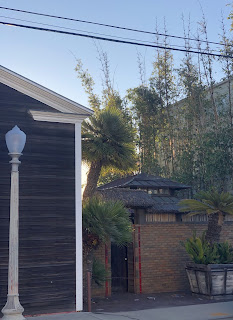Millions of EVs will soon hit the road, but the world isn’t ready for their old batteries. A crop of startups wants to crack this billion-dollar problem.......
Every day, millions of lithium-ion batteries roll off the line at Tesla’s Gigafactory in Sparks, Nevada. These cells, produced on site by Panasonic, are destined to be bundled together by the thousands in the battery packs of new Teslas. But not all the batteries are cut out for a life on the road. Panasonic ships truckloads of cells that don’t pass their qualification tests to a facility in Carson City, about a half hour’s drive south. This is the home of Redwood Materials, a small company founded in 2017 with an ambition to become the anti-Gigafactory, a place where batteries are cooked down into raw materials that will serve as the grist for new cells.
Redwood is part of a wave of new startups racing to solve a problem that doesn’t really exist yet: How to recycle the mountains of batteries from electric vehicles that are past their prime. Over the past decade, the world’s lithium-ion production capacity has increased tenfold to meet the growing demand for EVs. Now vehicles from that first production wave are just beginning to reach the end of their lifespan. This marks the beginning of a tsunami of spent batteries, which will only get worse as more electric cars hit the road. The International Energy Agency predicts an 800 percent increase in the number of EVs over the next decade, each car packed with thousands of cells. The dirty secret of the EV revolution is that it created an e-waste timebomb—and cracking lithium-ion recycling is the only way to defuse it.




























































